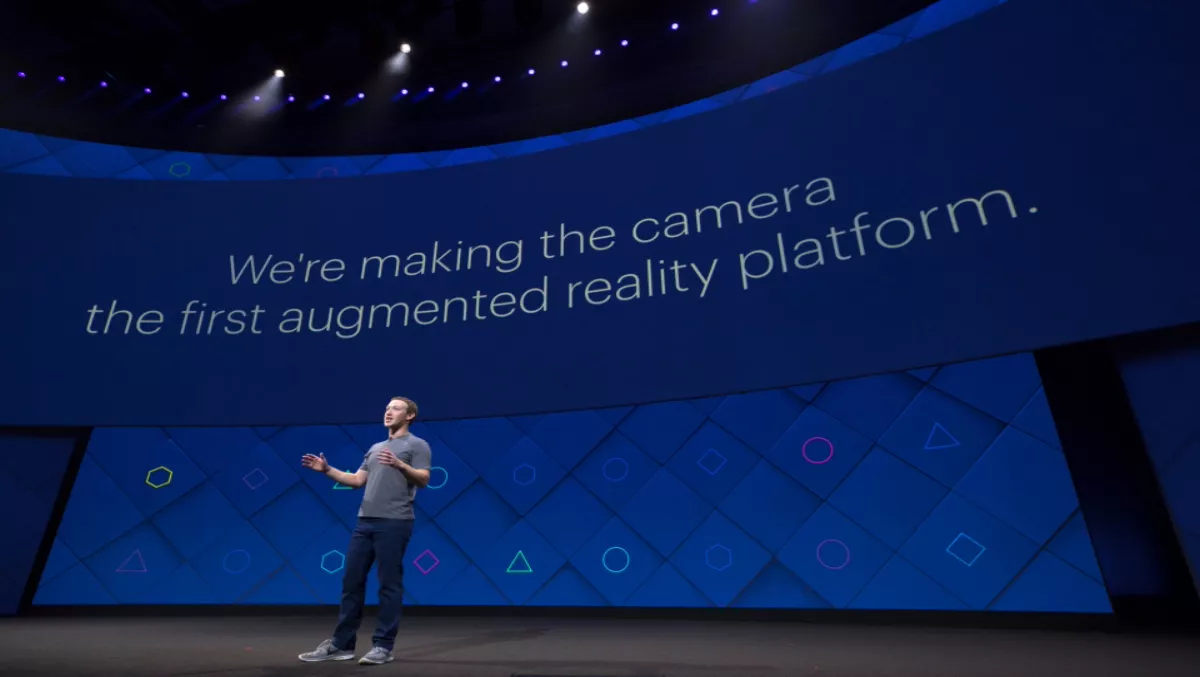
Announcements galore at Facebook's F8 event
Facebook has finished the first day of their F8 2017 event where developers flock to explore the future of technology.
Mark Zuckerberg opened with an announcement of Facebook's Camera Effects Platform, which allows developers to build augmented reality tools for the camera to bring people together.
Facebook gave their reasoning for the announcement.
"People are already using the cameras on their phones to write text on images, add digital objects and modify existing things with face filters and style transfers," they say.
The Camera Effects Platform includes two products: Frames Studio and AR Studio. Frames Studio allows developers to design frames for profile pictures or for use in the new Facebook camera. AR Studio can be used to create masks, effects and animated frames that react to movement and interactions during Facebook live videos.
They also announced a few other new developments.
Facebook Spaces is their new VR app that allows users to hang out and interact with friends in a virtual environment, as if they were all in the same place.
With Facebook Spaces, you can view Facebook content like 360 photos and videos with VR, you can draw in the air with a virtual pen to 'draw' anything you can think of, and even call a friend to bring them into your virtual space.
Changes were made and features added to Facebook Messenger that aim to improve communication between consumers and businesses.
Some of the new features and advanced tools include a Discover tab that allows people to find the bot for Messenger they're looking for, Chat Extensions which allow multiple people to chat with the same business simultaneously, and new gameplay in Messenger.
For a full list of changes and features announced today, you can visit the Facebook Developers' Blog.
F8 continues tomorrow with more announcements on augmented and virtual reality, artificial intelligence, and hardware.

